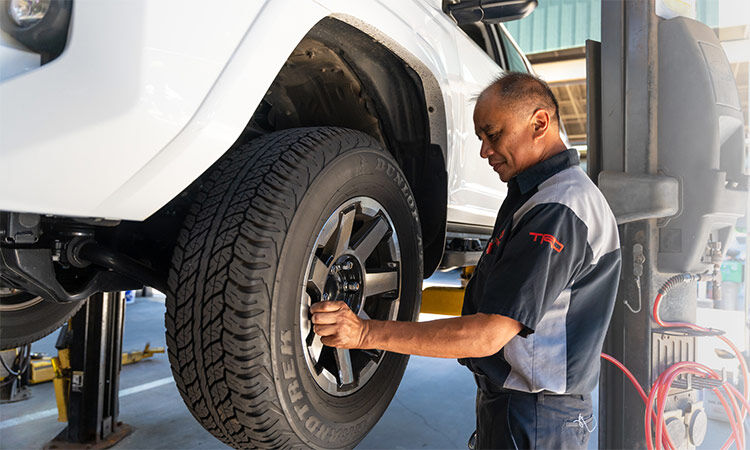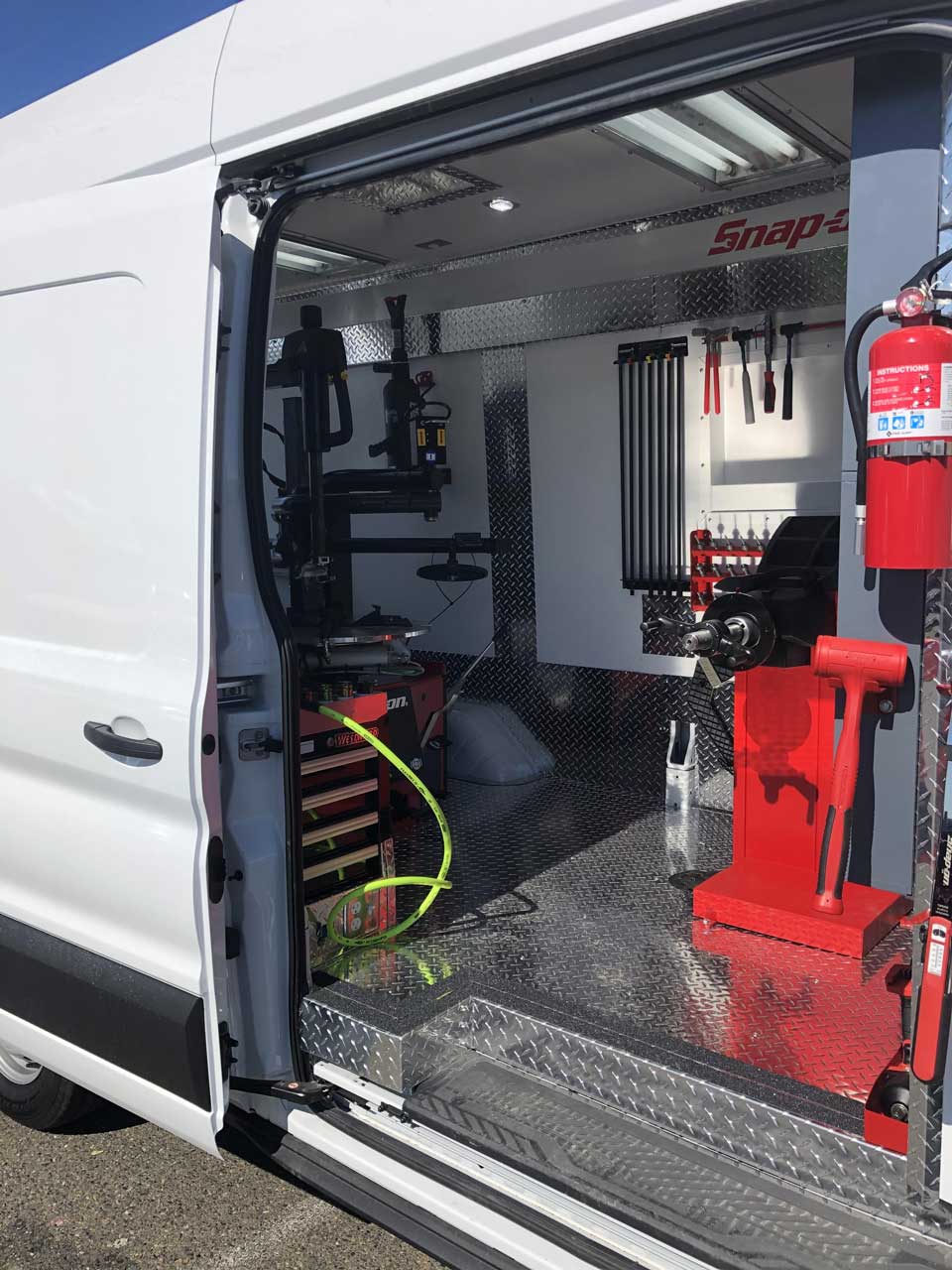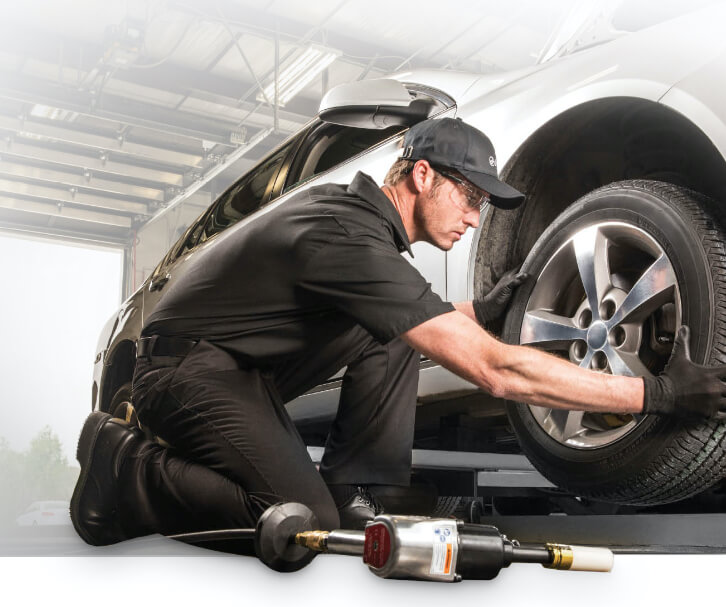Unlock Performance: Specialist GMC Tire Service at Morris Tires
Unlock Performance: Specialist GMC Tire Service at Morris Tires
Blog Article
Tire Service: The Impact of Weather Condition Problems
When it comes to guaranteeing ideal performance and security on the road, comprehending the influence of weather condition problems on tire solution is crucial. GMC Tire Service. In this discussion, we will certainly check out the elaborate relationship in between climate conditions and tire solution, shedding light on the relevance of weather-specific tire upkeep techniques and considerations.
Heat and Tire Performance
When exposed to high temperatures, tires experience changes in efficiency that can dramatically influence lorry security and handling. The warmth created from extended driving or heat conditions triggers the tire rubber to soften, resulting in lowered step life and enhanced wear. As the rubber ends up being softer, the tire's hold when driving diminishes, impacting braking ranges and overall traction. In severe instances, extreme heat can even create tire blowouts, posing an extreme security risk to the automobile and its residents.

Cold Climate Impacts
Winter problems can have a substantial influence on tire performance and safety. As temperature levels decrease, tire rubber can solidify, bring about lowered traction on icy or snow-covered roads. In cold weather, tires might also shed air stress more rapidly, which can affect dealing with and gas performance. Furthermore, cool temperatures can cause tire sidewalls to stiffen, enhancing the danger of damages from potholes or various other road threats.
To reduce the results of cool climate on tires, it is essential to routinely examine tire stress and inflate them to the supplier's recommended degrees. Using wintertime or all-season tires designed for cool weather conditions can additionally enhance traction and hold on icy or snowy roadways. Correct tire upkeep, consisting of regular evaluations for wear and damages, ends up being even much more crucial throughout colder months to guarantee ideal performance and safety.
Rainy Conditions Influence
Tires with worn-out footsteps are much more vulnerable to hydroplaning, where a layer of water develops up in between the tire and the road surface area, leading to loss of traction. To battle this, chauffeurs should on a regular basis evaluate their tires for adequate walk deepness and consider spending in tires specifically made for damp problems.
Moreover, stormy climate see page can likewise reduce visibility, making it challenging for chauffeurs to see the roadway ahead plainly (GMC Tire Service). In such problems, it is vital to adjust driving rates accordingly and keep a secure following distance to enable abrupt quits. Appropriately inflated tires can likewise help in preserving control on damp roads by providing far better handling and grip
Snow and Tire Safety And Security
When driving in snowy problems, having the best tires can make a substantial difference in security and efficiency. Winter tires are developed with unique rubber substances and step patterns to provide much better grip on snow and ice compared to all-season tires.

It is essential to follow producer directions when setting up and making use of tire chains to protect against damage to the tires and automobile. By selecting the right tires, maintaining correct rising cost of living, and considering added traction help like tire chains, vehicle drivers can improve their safety and security when browsing snow-covered roadways.
Weather-Related Tire Maintenance
Weather-related tire maintenance encompasses a range of methods aimed at guaranteeing ideal tire feature and long life in different weather situations. One essential facet of weather-related tire upkeep is tire pressure guideline. Evaluating tire tread routinely and replacing tires when walk wear reaches a certain deepness is crucial for maintaining grip and security in damaging climate.
Final Thought
In verdict, weather conditions have a significant official source influence on tire performance and safety. From warm influencing tire stress and use to cold weather condition reducing grip, it is crucial to think about the climate when preserving and using tires.
In this discussion, we will certainly explore the detailed relationship in between weather condition conditions and tire solution, dropping light on the importance of weather-specific tire upkeep techniques and considerations.

Report this page